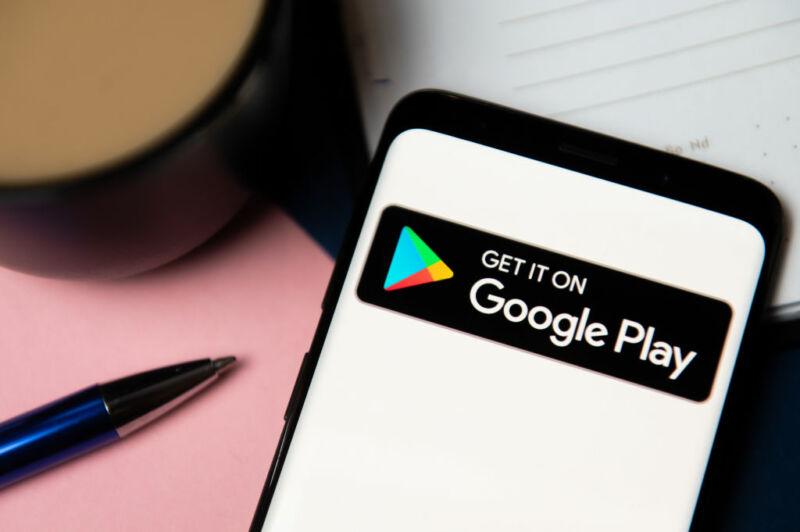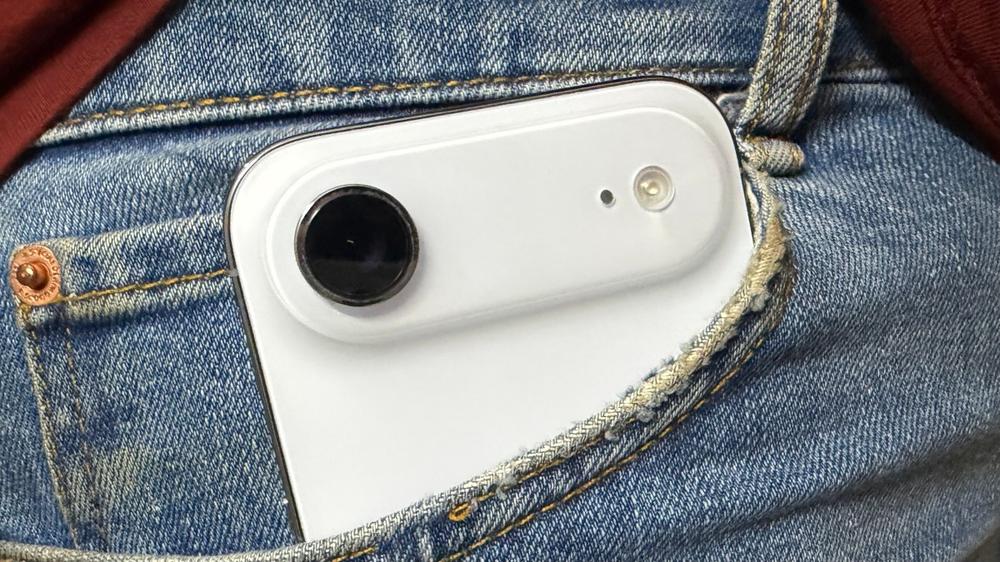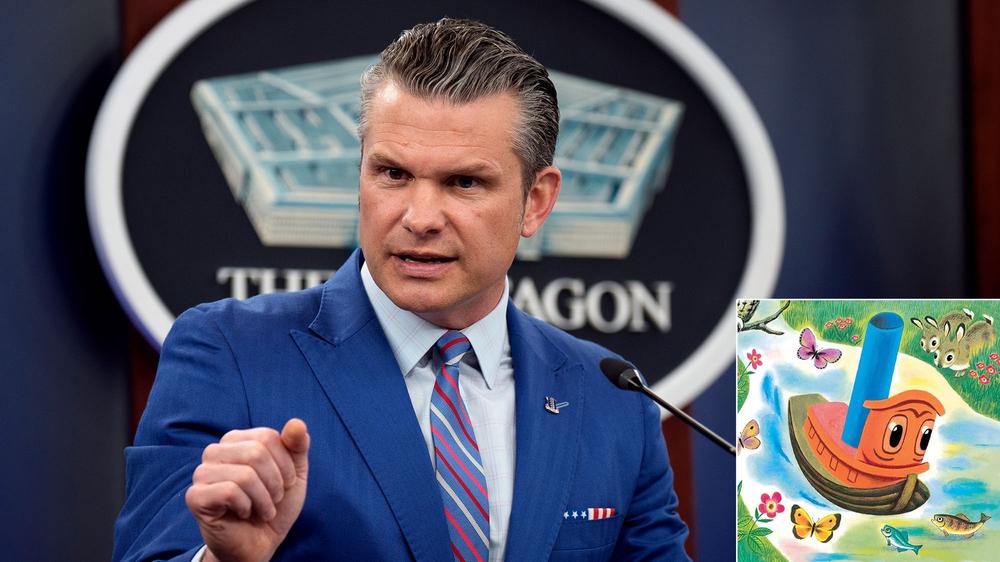Changes are coming to the Play Store in spite of a concerted effort from Google to maintain the status quo. The company asked the US Supreme Court to freeze parts of the Play Store antitrust ruling while it pursued an appeal, but the high court has rejected that petition. That means the first elements of the antitrust remedies won by Epic Games will have to be implemented in mere weeks.
The app store case is one of three ongoing antitrust actions against Google, but it's the furthest along of them. Google lost the case in 2023, and in 2024, US District Judge James Donato ordered a raft of sweeping changes aimed at breaking Google's illegal monopoly on Android app distribution. In July, Google lost its initial appeal, leaving it with little time before the mandated changes must begin.
Its petition to the Supreme Court was Google's final Hail Mary to avoid opening the Play Store even a crack. Google asked the justices to pause remedies pending its appeal, but the court has declined to do so, reports Reuters. Hopefully, Google planned for this eventuality because it must implement the first phase of the remedies by October 22.
The more dramatic changes are not due until July 2026, but this month will still bring major changes to Android apps. Google will have to allow developers to link to alternative methods of payment and download outside the Play Store, and it cannot force developers to use Google Play Billing within the Play Store. Google is also prohibited from setting prices for developers.
Google is none too happy with this outcome, but it doesn't have any more cards to play right now. Here's the company's statement on this latest development.
"Android provides more choice for users and developers than any mobile OS, and the changes ordered by the US District Court will jeopardize users’ ability to safely download apps. While we’re disappointed the order isn’t stayed, we will continue our appeal."
Google plans to file its full appeal with the Supreme Court this month, which could mean the case will be heard in the current term. Google will most likely try to have the other remedies paused if that case is heard. Come July, Google is supposed to begin distributing third-party app stores inside the Play Store and mirror Play Store content in other stores. This would have a much bigger impact on the company's app dominance than the currently pending changes.
It's probably no coincidence that the Play Store case is culminating as Google is revamping the way sideloaded apps work. The company is in the midst of implementing developer verification, which will force devs to hand over personal information to Google even if they are offering their apps outside the Play Store. Unverified apps will not be installable on most Android devices by 2027. Google says this is a necessary security measure, but it does have the knock-on effect of preserving the Android maker's centralized role in app distribution.

 The iPhone Air is so light, I forgot it was in my pocket
The iPhone Air is so light, I forgot it was in my pocket